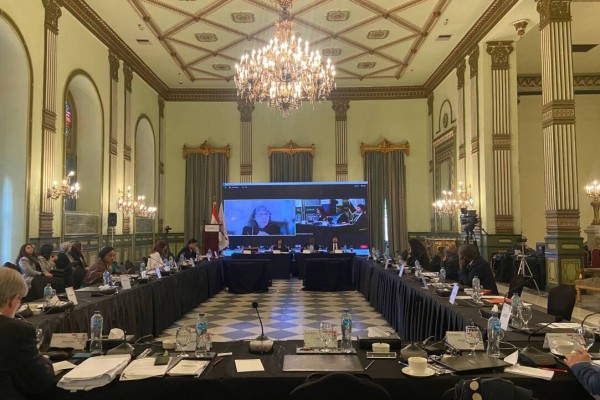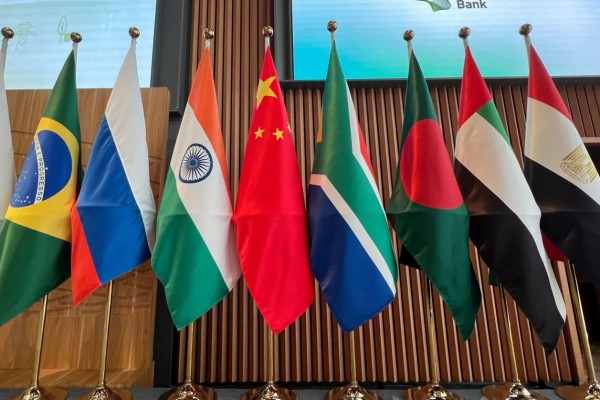The STS forum Russia-Japan Workshop took place on the 8th of December from 10:00 am to 13:40 pm Moscow time.
The STS forum Russia-Japan Workshop was initiated 2 years ago with a view to bringing together various perspectives from the scientists, leaders in the fields of politics, business and academia of Russia and Japan to discuss and find out innovative solutions to confront various challenges the world is facing at the moment. The Workshop will be guided by the theme of "ESG - challenges and opportunities for sustainable development in Russia and Japan", followed by 3 themes relevant to SDGs: "Decarbonization", "Argo Technologies", and "Smart Cities".
Alexey Ivanov, Director of the BRICS Competition Law and Policy Centre, chaired the second session dedicated to the discussion of Agro Technologies. The session addressed the following questions: How do new agrotechnologies affect competition in global agricultural markets? What type of technologies are critical for creation of resource-efficient and sustainable agricultural systems? How does carbon farming fit into the new agrotechnology landscape? What are the barriers for development of modern agrotechnologies?
Tomohiro Araki, Provost, Kyushu Campuses; Research Institute of Agriculture, Tokai University; Kate Kida, Vice President of the Greenland Japan; Makoto Nakatani, Senior Vice President of the National Agriculture and Food Research Organization (NARO); Andrey Tsyganov, Deputy Head of Federal Antimonopoly Service (FAS); Eduard Zernin, Chairman of the Board, Major Shareholder, BIO-TON Agri Corp., Chairman of the Executive Board, RUSGRAIN UNION (Russian Union of Grain Exporters) participated in the session.
In the beginning of the session Alexey Ivanov highlighted the importance of agricultural sector to the economic development.
"Currently we see a tremendous change in the agriculture sector, we see the volatility of markets, we see people facing the threat of hunger. We cannot ignore the problems our world is facing, and scientific community should elaborate specific measures that can help to find solution to the existing situation".
Makoto Nakatani, Senior Vice President of the National Agriculture and Food Research Organization, presented the existing governmental strategies in Japan aimed at the development of sustainable agriculture. Japanese government at the moment is paying more attention to the integration of new digital technologies with agriculture.
Andrey Tsyganov, Deputy Head of Federal Antimonopoly Service of Russia, stressed the importance of diversity for the system's stability. Diversity allows a system to become less susceptible to emerging risks and externalities.
"Nowadays, we face new issues that can significantly affect the stability of our systems. This is a COVID-related problem – we can see the shortage of agriculture labour force in Europe, in the US and in Russia. From our point of view, diversity is extremely important in this case. We have to understand that food security is a global problem".
Tomohiro Araki, Provost, Kyushu Campuses; Research Institute of Agriculture, Tokai University, talked about the activities at three levels - institute, high-school and company.
Eduard Zernin, Chairman of the Executive Board of the Russian Union of Grain Exporters, stressed the need to develop joint approaches to sustainable agriculture in Russia and Japan.
Kate Kida, Vice President of the Greenland Japan, mentioned that currently there is an increase of 70% in food consumption and the world community has to act together.
"We raised a very important topic of feeding the world, sustain the development of humanity, and discussed new agricultural solutions to produce our food in a less polluting and in a more sustainable way. Russia and Japan are complementary countries to each other, Japan can share its technological solutions with Russian companies. This discussion ended on a very optmistic point", - concluded Alexey.



